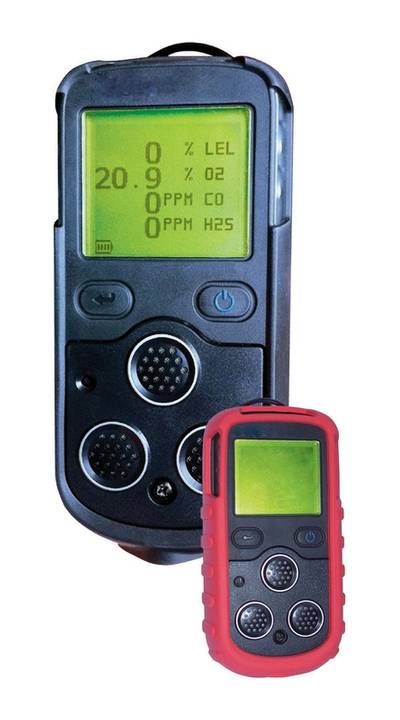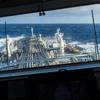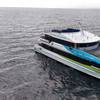New Gas Detector from Martek
Maritime safety equipment innovator, Martek Marine, has released a MED-certified portable gas detector that can be easily and safely recalibrated onboard, providing tamperproof certification to meet the many regulations governing detector calibration.
The Paris and Tokyo MOUs and oil major criteria require calibration records to be kept for all fixed and portable gas detectors onboard. Martek’s Marine 4 is supplied with a self-certification/calibration station which provides the user with fail-safe automatic bump testing and calibration. The seafarer simply places the Marine 4 gas detector in the station, press a button and waits one minute for the detector to be tested and certified, ensuring that calibrations are carried out in a repeatable, tamperproof manner without the possibility of human error. The system then automatically produces a tamper-proof calibration certificate which is acceptable to classification societies, oil majors and port state control.
The Marine 4 removes the high cost of sending detectors ashore for calibration, paying for calibration certificates and the need for additional detectors to cover shortfalls when detectors are ashore. Additional cost savings come from the Marine 4’s increased efficiency, using approximately 75% less gas than manual calibrations which leads to significant savings in wasted gas and additional administration and carriage costs. The robust Marine 4 provides audible and visual alarms in the event of exposure to any of four flammable or toxic gases. The flexible sampling pump reduces risk of exposure further by allowing users to safely carry out pre-entry checks in deep tanks, holds and void spaces.
The testing program can be set to meet individual requirements, for example, daily bump tests with weekly calibration and monthly certification. Responsibility for the testing process and testing frequency is taken away from busy or untrained crew, for maximum safety.
The MED-certified Marine 4 should be welcome news to shipowners after increasing concern about non-approved portable detectors being found on ships. While fixed detectors attract strict scrutiny when they are installed, portable detectors are not subject to the same attention.















